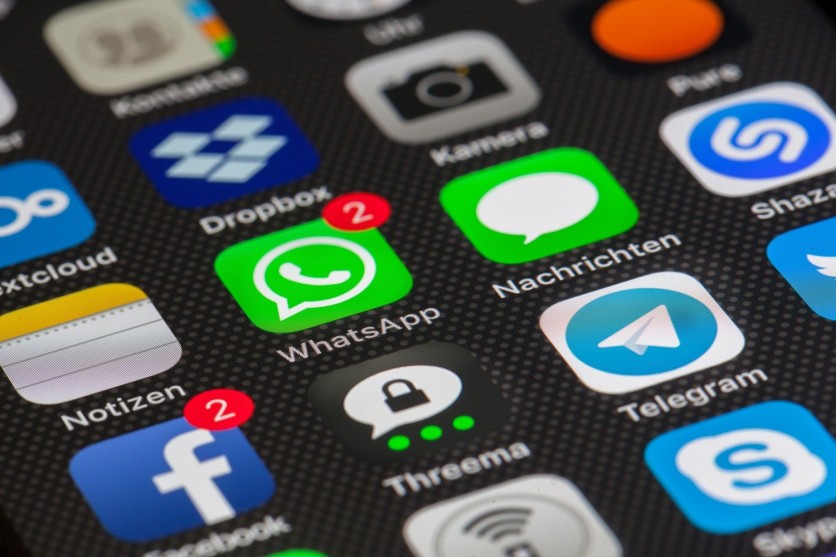A new study has found that people who use social media to get information about COVID-19 are more likely to believe in coronavirus conspiracy theories.

Conspiracy theories have been abundant in recent months -- from the idea that the COVID-19 was created in a lab to the belief that it is all part of a plan to bring in compulsory vaccinations.
ALSO READ : COVID-19: Researchers Found Half of Coronavirus Conspiracy Theories Spreading on Twitter Were From Bots
Social media users more likely to believe conspiracies
The research, published in the Psychological Medicine journal, revealed that 60% of people who believe that COVID-19 has been linked to 5G receiving their information from YouTube.
For those who obtain their information from Facebook, 54% believe in the conspiracy versus 20% who don't.
The unfounded conspiracy that 5G cell towers spread the coronavirus has led arsonists to attack mobile masts and threaten broadband engineers.
The survey conducted by King's College London and Ipsos Mori revealed 56% of people who use Facebook as a critical source of information don't believe that COVID-19 exists.
Around 45% of those who believe coronavirus deaths are "exaggerated" get most of their information from social media platforms.
The study also showed a link between those who did not follow lockdown rules and those who rely on social media for coronavirus information.
Three out of 10 people who mistakenly believe that 5G causes COVID-19 symptoms have gone outside despite suspecting they may have the virus, compared to only 4% among those who reject this belief.
People who admitted going outside with possible symptoms are more than thrice as likely as people who don't have to get a fair amount, or much, of their YouTube virus information.
Meanwhile, 55% of Facebook-reliant users reported taking the risk of violating the lockdown rules, compared to 21% who complied with the requirement.
"These sorts of associations cannot prove that misinformation on social media platforms causes belief in conspiracies, lower trust, and a greater likelihood of breaking the rules," said Professor Bobby Duffy, director of the Policy Institute at King's College London.
"But they point to a toxic mix between underlying beliefs and misleading information that can have real effects on how people behave, even during a pandemic," Duffy added.
All policies have been outlined by Facebook, YouTube, and Twitter to combat misinformation about the virus.
Conspiracy theories banned from social media platforms
Some of the more extreme conspiracy theorists have been banned from several platforms. Still, they are searching for "5G coronavirus" on any of the major social media sites.
This report suggests that this tide of rumor and misinformation continues to challenge a government that tries to persuade people to limit risky behavior and control virus spread.
A YouTube spokeswoman told The Telegraph they are committed to providing timely and helpful information about COVID-19 during this critical time.
The method includes raising authoritative content, reducing the spread of harmful misinformation, and showing information panels, using WHO data and the NHS resources, to help combat misinformation.
"We also have clear policies that prohibit videos promoting medically unsubstantiated methods to prevent the coronavirus in place of seeking medical treatment, and we quickly remove videos violating these policies when flagged to us."
ⓒ 2026 TECHTIMES.com All rights reserved. Do not reproduce without permission.




